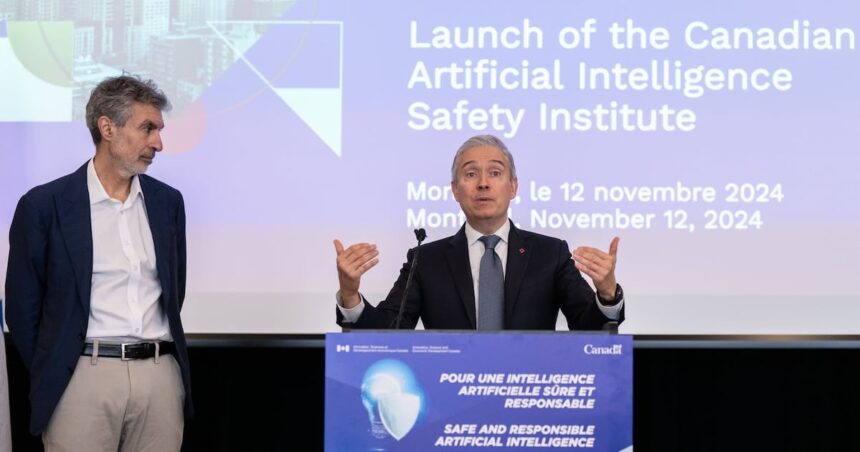In a significant development that underscores Canada’s commitment to responsible artificial intelligence, the Canadian AI Safety Institute (CAISI) has announced funding for twelve groundbreaking research projects focusing on ensuring that advanced AI systems remain safe, beneficial, and aligned with human values. This strategic investment comes at a pivotal moment when nations worldwide are recalibrating their approach to AI regulation and deployment.
The announcement, made yesterday at CAISI’s headquarters in Toronto, represents a $45 million commitment over the next three years – the largest single investment in AI safety research in Canadian history. Dr. Eliza Thornton, Executive Director of CAISI, emphasized the urgency behind these initiatives.
“We’re witnessing an unprecedented acceleration in AI capabilities,” Dr. Thornton told me during an exclusive interview. “These research projects aren’t theoretical exercises – they’re essential safeguards as increasingly autonomous systems become integrated into critical infrastructure, healthcare, and financial systems.”
Among the funded projects is a collaborative effort between the University of Toronto and McGill University focusing on robustness verification techniques for large language models. Another significant initiative led by researchers at the University of British Columbia will address the challenge of hidden capabilities in AI systems – capabilities that might emerge unexpectedly as models scale in complexity.
The funding arrives against a backdrop of shifting global attitudes toward AI regulation. The European Union recently implemented its comprehensive AI Act, while the United States has adopted a more fragmented regulatory approach. Canada’s strategy appears to balance innovation with prudent oversight, positioning the country as a potential middle ground in the international AI governance landscape.
Industry reaction has been predominantly positive, with Canadian tech leaders viewing the research initiative as complementary to commercial interests rather than restrictive. Sarah Nguyen, CEO of Toronto-based AI startup Nexus Cognition, noted: “Safety research isn’t just ethically necessary – it’s becoming a competitive advantage. Companies that can demonstrate their AI systems are thoroughly tested for safety will ultimately gain more market trust.”
The economic implications extend beyond research facilities. According to a recent CO24 Business analysis, the AI safety sector is projected to create approximately 8,000 specialized jobs across Canada by 2027, with particular growth in Toronto, Montreal, and Vancouver.
International observers have taken note of Canada’s comprehensive approach. Dr. Marcus Wei, Director of the International AI Governance Forum, commented: “What’s notable about the Canadian model is how it bridges fundamental safety research with practical governance frameworks. Many countries are watching this experiment closely.”
Critics, however, question whether the investment is sufficient given the pace of AI development. Dr. Rachel Levesque, a prominent AI ethics researcher not affiliated with the funded projects, told me: “While this funding is welcome, we need to ask if it matches the scale of potential risks. When companies are investing billions in capability development, safety research needs comparable resources.”
The funded research will be subject to rigorous peer review, with preliminary findings expected to be published in open-access journals beginning in early 2026. CAISI has also committed to hosting quarterly public forums where researchers will share progress updates and engage with public concerns.
As nations navigate the complex terrain of artificial intelligence development, the question becomes whether Canada’s balanced approach to safety research and commercial innovation will provide a sustainable model for global AI governance. Will this investment in safety research prove prescient, or merely a footnote in the rapidly evolving story of artificial intelligence?

























